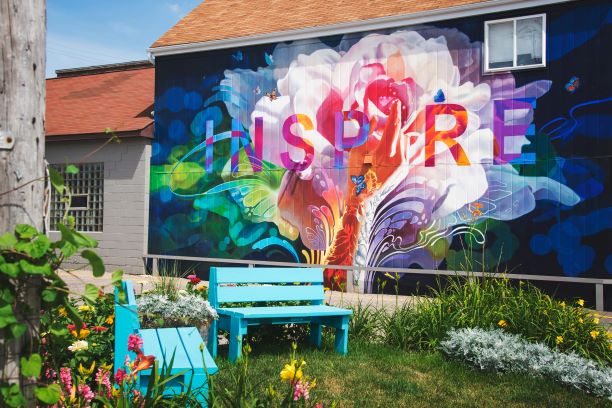
[Flash] Do You Have an Evolution Problem?
| Intrepid leaders like you habitually confess to me their frustrations about the people on their team. Not surprisingly, I now have a massive (and growing) list of these aggravations. To highlight a few:
No ownership | Blaming | Lack of curiosity | Closed-mindedness | Silo mentality | Lack of empathy | Excuses | Victimhood | Automatic “no!” | Missed expectations | Confusing communications | Refusal to commit | Repeated mistakes | Myopic decision-making | Failure to build relationships across departments | Unproductive exchanges | Setting poor examples | Pessimism | Inability to resolve issues | Drama instigators And yet, I am confident that your people do not start each day eager to be mediocre or maddening. Nonetheless, many are. Why? Because people are always seeking:
And while appeasing this ego trifecta, they get stonewalled by Chaos, Change, and Crisis. Feeling unsafe, insignificant, and other-ruled, they resort to aggravating antics in a desperate attempt to return to Safety, Significance, and Self-rule. It becomes a soul-sucking experience for everyone on the team! Sadly, many people who were once enthusiastic about making a difference become stuck in the valley of despair, counting days until weekends, months until vacations, and years until retirement. (The plot twist… while you’re managing around their frustrating behaviors, you are fighting for your own Safety, Significance, and Self-Rule. And so is your boss!) Eventually, when people quit their job to look for Safety, Significance, and Self-Rule in greener pastures, you might feel a sense of relief, distress, or even failure. But you don’t have a behavioral problem or an attrition problem. You have an evolution problem! These people are not evolving. They aren’t growing, improving, preparing for, or thriving through change. If these people were evolving, they wouldn’t:
If you want to disrupt the disruption of people’s behaviors, stop focusing on their aggravating antics, and start focusing on their essential evolution. Build Better Bosses Intensive What that means is that, with managers who want to flourish, they will experience more success, more often, more easily. When you’re ready to uplevel yourself or your team, find a time on my calendar. Let’s have a conversation and start an evolution: http://www.scheduleyou.in/5WmLJby5B © 2021. Ann Tardy and Mentor Lead. www.mentorlead.com | www.anntardy.com |








